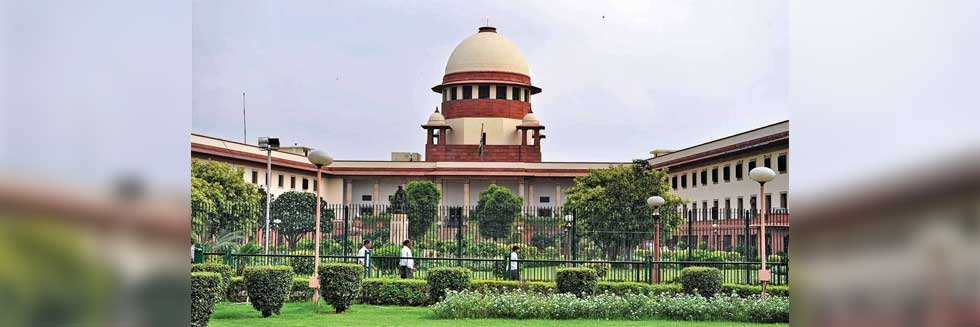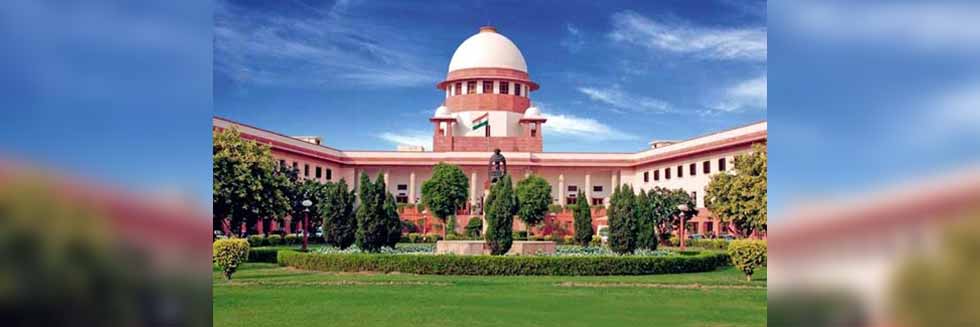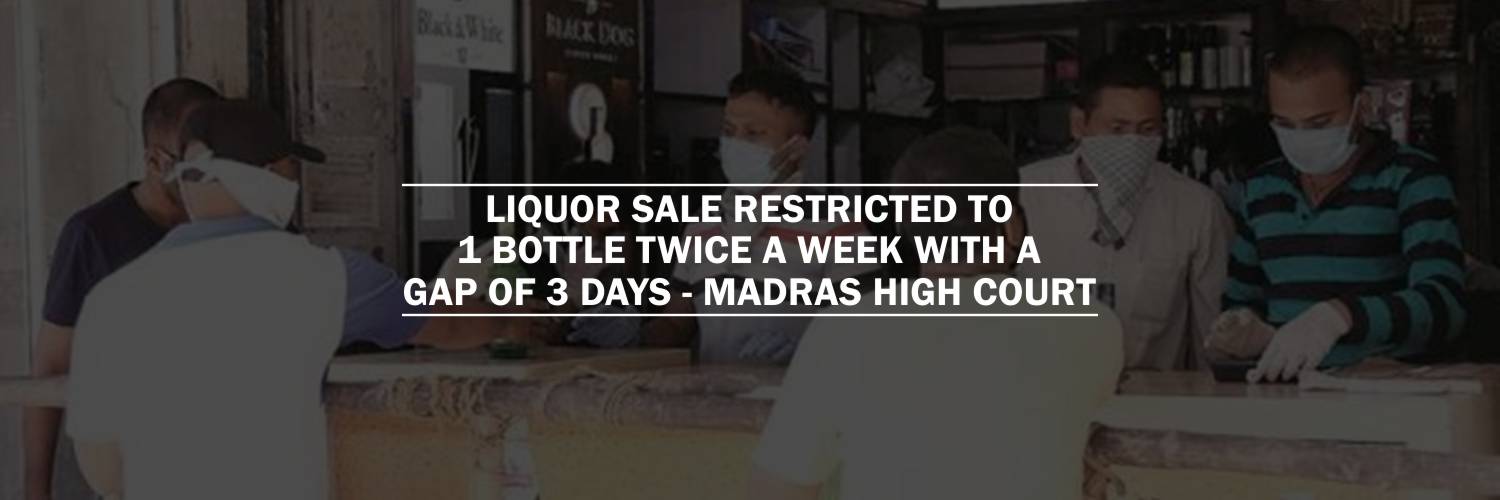The Supreme Court on Monday, sought response from the Central government, Facebook, and WhatsApp, in a plea challenging the new privacy policy.
The bench comprising of Chief Justice of India S A Bobde, Justices A S Bopanna, and V Ramasubramanian said that the Indian citizens have grave apprehensions regarding the privacy concerns posed by the new privacy policy introduced by the popular messaging app, WhatsApp.
“You (Facebook and WhatsApp) may be a $2-3 trillion company but people value their privacy more than money,” the top court asserted.
The above observations were made during the hearing of an application which sought directions to be issued to WhatsApp not to lower privacy standards for Indian Users and to apply the same privacy policy and terms of use to Indian users as is being applied in the European Region.
The petitioners contended that the manner in which the new privacy policy of WhatsApp was framed and the terms of the new policy result in a grave affront to the fundamental right of privacy of crores of Indian citizens using WhatsApp on a daily basis. Further, the arguments made by Senior Counsel Shyam Divan regarding the privacy concerns accompanying the new policy, coupled with the fact that there is no data protection law in India.
“There is no clarity on when the Data Protection legislation will be passed and brought into effect in India. In order to protect the rights of crores of citizens of India, till an appropriate regulatory regime is brought into existence by operation of law, it is imperative that this Hon’ble Court prohibits the operation of the new Privacy Policy sought to be made mandatory by WhatsApp,” the application stated.
Subsequently, the top court stated “We are impressed by Mr. Divan’s argument that it was proposed before us that a data protection law would be brought into force. Now under this policy, you will share data of Indians. You may be two or three trillion companies but people value their privacy more than money.”
On the other hand, WhatsApp and Facebook have refuted the government’s allegation of users’ data sharing while citing that such fears were baseless. They further informed the SC that the same privacy policy is applicable to all countries except European nations, which have special data protection laws.
In January this year, WhatsApp renewed its terms of service and privacy policy, which were to come into effect on 8 February.
This new privacy policy of WhatsApp asks users to agree to its new data-sharing norms, a key point of which is sharing data from business conversations with Facebook, the owner of the messaging service. Since it was not optional, users were left confused and concerned about their privacy.






